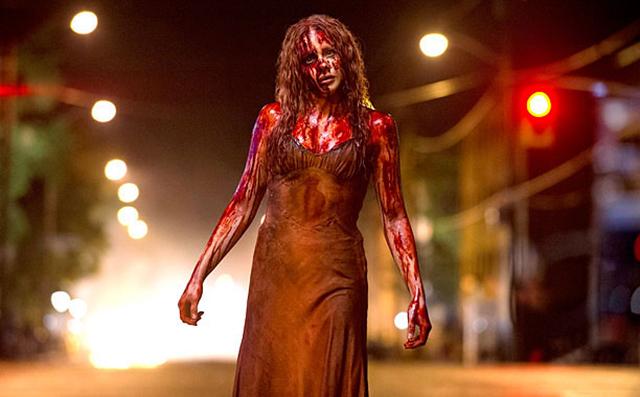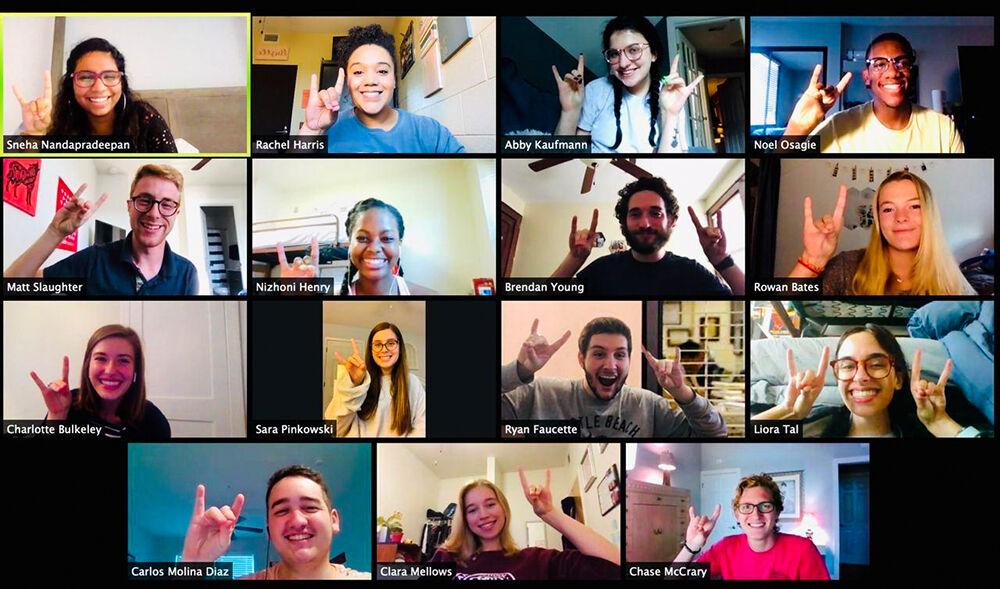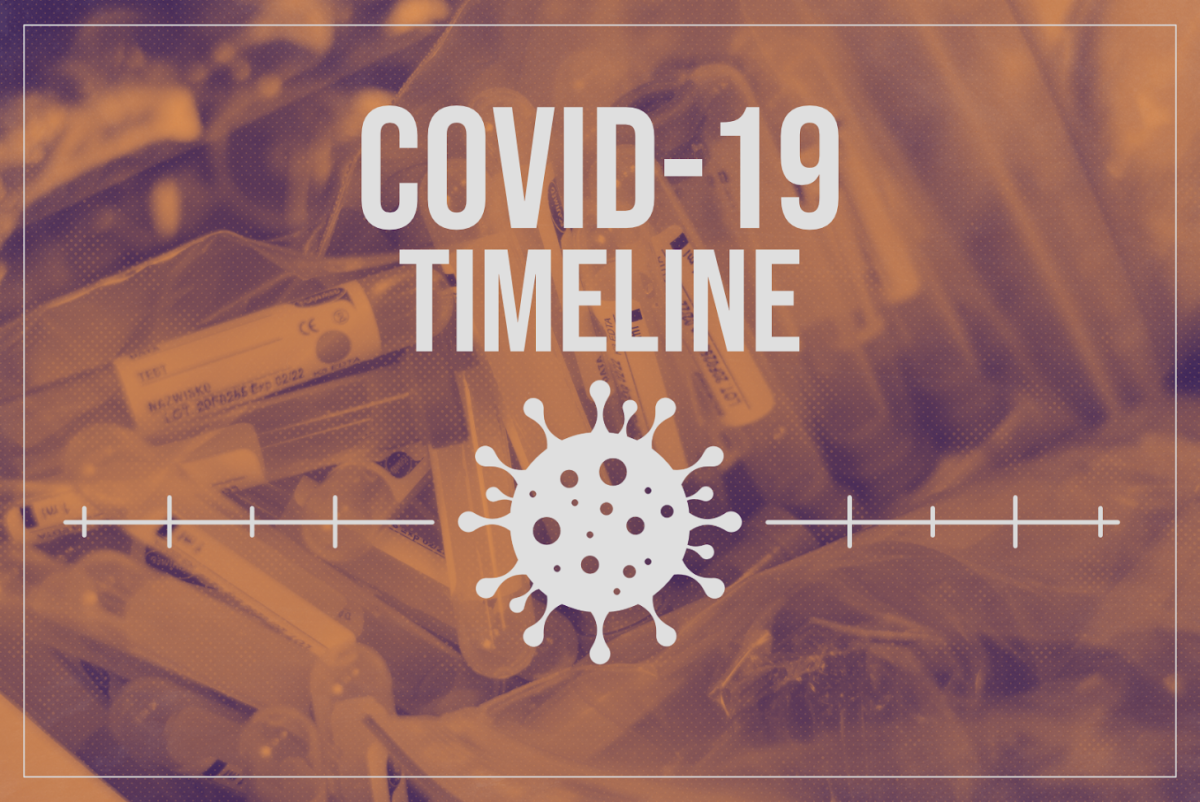Carrie is a brutal American tale that utilizes exaggerated high school drama to tenaciously frighten the Golden Rule into anyone watching. In Carrie (2013), director Kimberly Peirce gets pleasure from high school cruelties instead of conceiving a remake with an ounce of depth.
Peirce neither modernizes nor pays tribute to this Stephen King adaptation and thus does an injustice to a horror classic. Despite its distinct story within a trope-infested genre, Carrie manages to present discordant high-school horror that is more reminiscent of Mean Girls than its 1976 model.
The film begins with mother Margaret White (Julianne Moore) giving birth to – and nearly murdering – her child. Quickly, we’re brought to the present day, where high school Carrie (Chloë Grace Moretz) is bullied and hated for no legitimate reason by almost every student.
Herein lies the film’s major flaw; an inconceivable high school reality. Like all films, Carrie is a dramatization, but it’s a film that attempts to portray the world a certain way. The character portrayals are stereotypical in a non-comedic way, and at no point does Carrie’s high school seem remotely believable.
Carrie attempts and fails to present the same world Mark Waters and Tina Fey perfected in Mean Girls. The cruelty in Mean Girls is paired with immaturity—The Plastics (the school’s popular girl clique) are mean but they grow and, by the end, it is clear one sinister girl spoiled the bunch. By contrast, the characters who conspire against Carrie have no motive other than to terrorize her for doing absolutely nothing, without regret.
Chris Hargensen (Portia Doubleday), a sinister bad girl with a dropout boyfriend, leads the popular girls in Carrie. While Doubleday’s portrayal of a terrible person is spot-on, her minions are too willing to follow. Chris leads her classmates in a tampon-hurling shame-fest when Carrie gets her first period in the showers, proceeding to film and post the video online.
This unforgiveable act isn’t met with guilt by the students who follow an expectedly mentally-ill Chris, but rather a continued following, indicating that it isn’t just Chris who is capable of torture without remorse, but a sizeable group of girls. This can also be seen in Carrie’s bloody prom culmination, where the group of girls heighten their plot against Carrie White.
The film’s flaw isn’t the idea that Chris could be so mean to Carrie, or even that several students would conspire to torture and humiliate someone else—the film draws directly from a case such as the Steubenville rape—but rather the fact that every popular girl, save Sue Snell (Gabriella Wilde), is presented as an incapably-remorseful brute.
Moretz’s portrayal of Carrie White is off as well. Moretz, sporting cardigans and freshly knit dresses, is too cute and fashionable to be an outcast. Although Carrie is traditionally an ugly outcast, there isn’t a point in the film when Moretz doesn’t look pretty, which totally ruins several of the film’s effects: her prom transformation is lackluster, and you always get the feeling she is a sweet, misunderstood victim—incapable of violence, surely.
We grow to identify with Carrie, who is raised in this weird-as-hell Christian household where her mother locks her into an eerie Christ-closet for punishment for things like getting her period. When Carrie is first thrown into this closet, Peirce obliquely displays uncanny Jesus statuettes and Medieval Biblical paintings. These Biblical shots are the scariest parts of the film and wholly under-utilized. Peirce must have forgotten that, in 2013, vulgarity and violence are less scary to teens than relics from a God they might have already abandoned.
Carrie attempts to evoke nostalgia and draw from its original, but this simply makes things more confusing. Peirce draws from the 1976 Carrie in the wrong places like holding prom in a high school gym and showing girls shower after gym class, which are pretty uncommon these days. Conversely, it modernizes the film in trivial ways such as using a smartphone to humiliate Carrie (which adds shock value more than anything) and using a lofty major-indie playlist as the prom soundtrack. The implication of the playlist, which features Vampire Weekend and Passion Pit, is that the film is as artistic as those bands, however this film is anything but artistic. The songs simply take the viewer completely out of the horror element, and into a land of catchy indie pop.
Of course, the story is amazing, and it follows it pretty succinctly—with changes—so the film is worthy at its core. When a director chooses to remake a classic, they must approach it carefully for any hope of respect. Peirce told the Carrie story, but she didn’t do it justice.
Those thirsty for Stephen King’s classic narrative best look to Brian De Palma’s 1976 classic, not the theatre.














